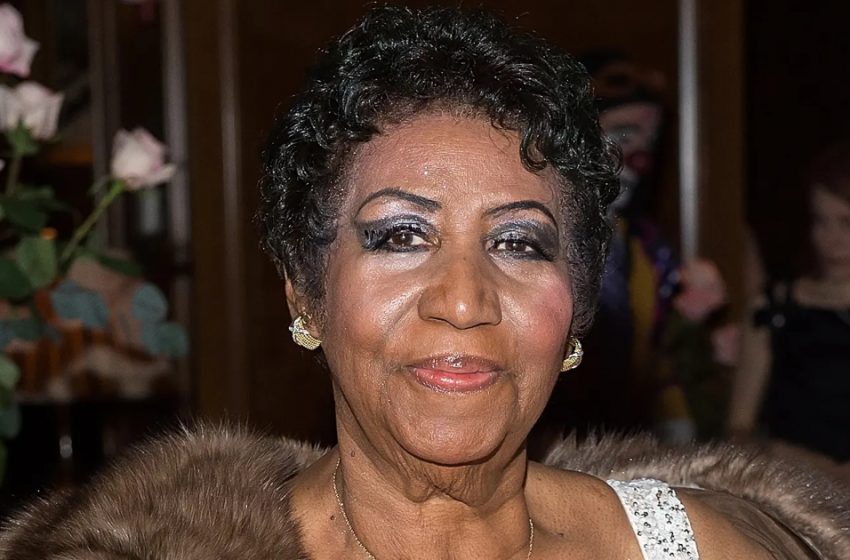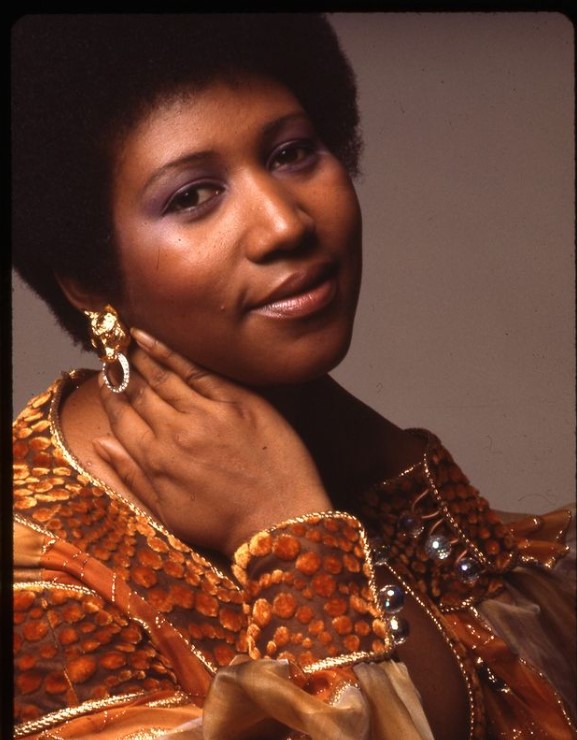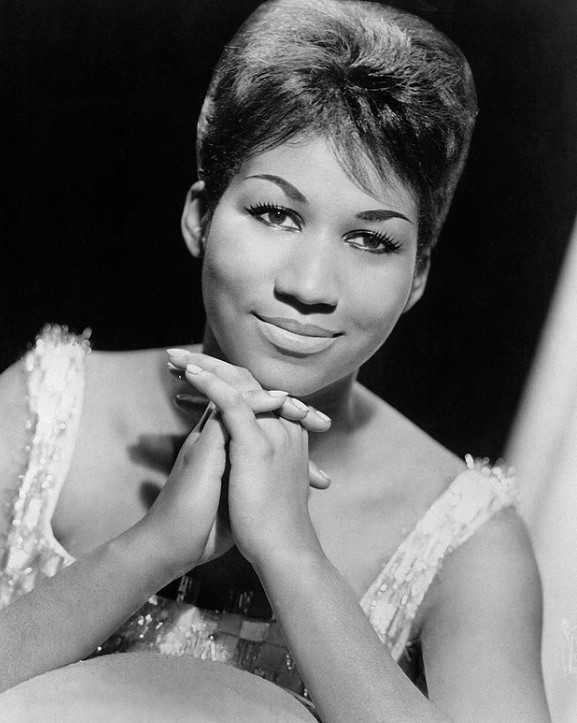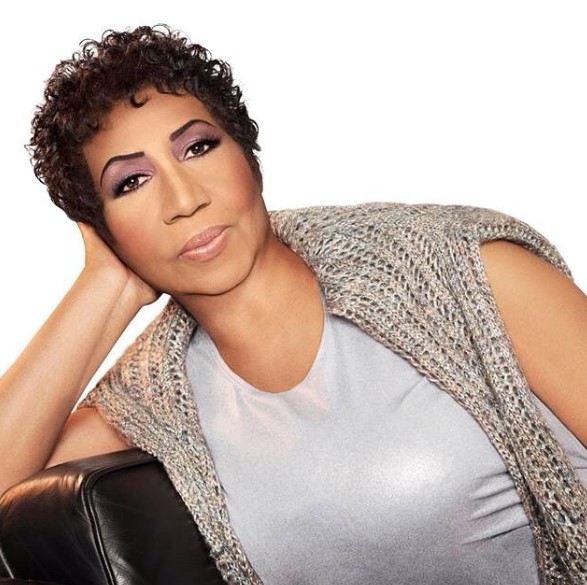Why Aretha Franklin’s Son With Special Needs Could Be Excluded From Her Will?: Exploring The Reasons!

Navigating early motherhood is a complex journey, and for the iconic Queen of Soul, Aretha Franklin, this journey began at the age of 12. Her role as a mother, intertwined with her celebrated music career, left a legacy that is still being debated by her four sons following her passing from cancer. The future of her estate, particularly for her eldest son Clarence, who struggles with mental health issues, remains uncertain.

Aretha Franklin’s life, marked by her birth in March 1942, was filled with musical success and personal challenges from a young age. At nearly 13, she welcomed her son Clarence, named after her father, the esteemed minister Clarence LaVaughn Franklin, also known as C.L. Despite the unexpected challenges of early motherhood, Aretha found unwavering support within her family. Her sister Erma, also a recognized singer, noted that Aretha’s education and career aspirations remained a priority, underscoring a family commitment to not let early parenthood hinder their futures.

The identity of Clarence’s father, long thought to be a school acquaintance named Donald Burke, was later revealed in one of Aretha’s handwritten wills to be Edward Jordan Sr., who also fathered her second son, Edward Jr. The wills highlighted Jordan Sr.’s absence from Clarence’s life, indicating he should have no control over Clarence’s inheritance.

Clarence, like his mother, ventured into music, contributing to some of her works. Despite his creative talents, he faced mental health challenges and lived in care facilities, with Aretha making arrangements for his care. His whereabouts and activities, as of the last reports in August 2019, were not publicly known.

Aretha’s family also includes Edward Jr., Ted Jr., and Kecalf Cunningham, each born from different relationships and circumstances, leading to varied upbringings and family dynamics.

The discovery of Aretha’s wills has ignited family disputes over her estate. Initially believed to have left no will, the emergence of multiple handwritten wills, one found under couch cushions, has complicated the division of her assets. These wills have led to disagreements among her sons and legal challenges, with the 2014 will notably excluding Clarence as a beneficiary and instructing her other sons to care for him.

Legal experts and Aretha’s longtime lawyer have weighed in on the authenticity and legal standing of these wills, with some indicating that even unsigned documents could be considered valid under Michigan law if they can be shown to reflect Aretha’s final intentions.

Aretha’s preference for privacy and her resistance to formal estate planning have contributed to the current uncertainty surrounding her final wishes.

The ongoing legal proceedings and the quest to honor Aretha Franklin’s legacy continue, with the hope that her final wishes for her family and her estate will eventually be realized.


